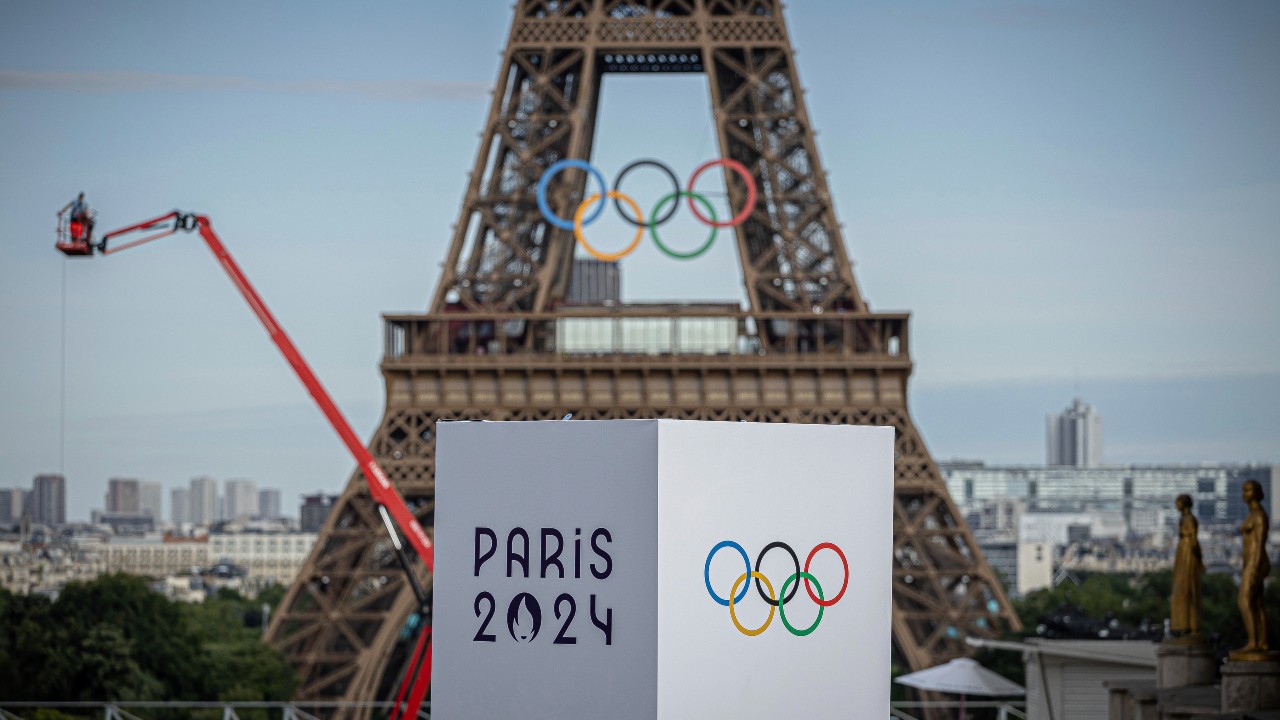
PARIS — Concerns over the water quality of Paris’ Seine River have continued into the 2024 Olympics, with a pre-race triathlon event there cancelled Sunday.
Organizers said they nixed the swimming leg of the triathlon familiarization scheduled for Sunday morning after a meeting about water quality among authorities tasked with carrying out water quality tests. That included representatives of World Triathlon, as well as city and regional authorities.
Swimming in the Seine has been banned for over a century in big part due to poor water quality. Organizers have invested $1.5 billion to prepare the Seine for these Games, and the government has said the river would be clean enough to hold events, including the swimming portion of the triathlon and the marathon swimming event.
Daily water quality tests in early June indicated unsafe levels of E. coli bacteria, followed by recent improvements. Parisian Mayor Anne Hidalgo took a famous dip in the river less than two weeks before Olympic events were set to start, fulfilling a promise to show that the long-polluted waterway was clean enough to host swimming competitions.
Heavy rain during the opening ceremony revived concerns over whether the long-polluted waterway will be clean enough to host swimming competitions, since water quality is deeply linked with the weather in the French capital.
Since 2015, organizers have invested heavily to prepare the Seine for the Olympics and to ensure Parisians have a cleaner river after the Games. The plan included constructing a giant underground water storage basin in central Paris, renovating sewer infrastructure and upgrading wastewater treatment plants.
Triathleletes have expressed hope that the waters would be clean enough for them to swim in.
“Hopefully we get to swim, bike and run because I don’t swim this much to just run and bike,” Spanish triathlete Alberto Gonzalez said.